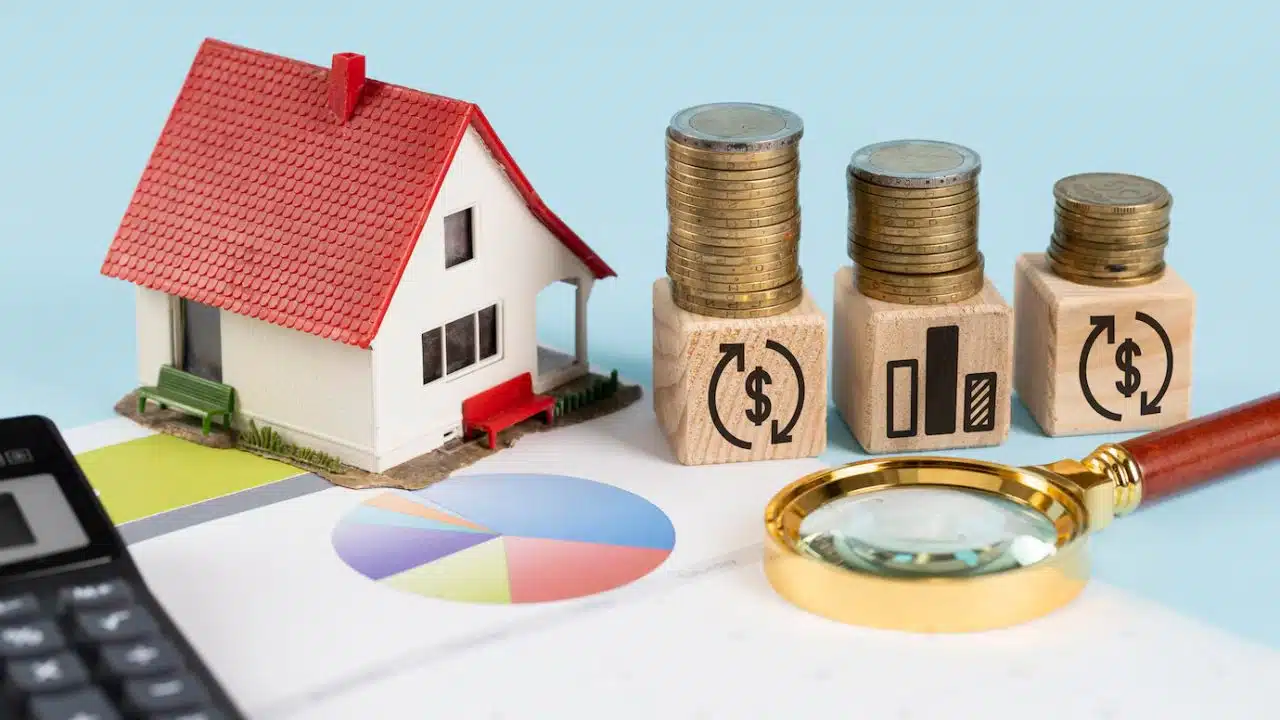It is indeed intimidating to venture into the property investment world as an individual, and this is even more daunting for the newcomers. With the right guidance, however, you could end up finding the investment property that suits your aims and maximises your possible returns. Here is a simplified guide to help understand what to look for.
1. Outlining Your Investment Aims for Your Property
Define your purposes before you start going through the properties. Do you want property with a high rental yield or long-term capital growth as the main aim? Then, your goals will bring you closer to narrowing what types of properties would do well with your investment. For example, city flats are more likely to house young professionals and students as tenants, thus ensuring possibly stable rental income.
2. Determining any Future Location with Growth Potential
Location is one of the biggest determining factors that would establish a property’s value and potential in the future. Prospective areas are locations of quality infrastructure, amenities, and accessibility. Prospective areas usually have more tenancies and sales. Some big expansions in commercial centres or educational institutions in towns are an opportunity, for example, some neighbourhoods of Bangkok.
3. Analysing Your Budget and Finance for Investing
It is essential that you set a realistic budget. The cost of property should be considered, like other expenses such as tax, insurance, and also maintenance. If you are planning to finance your investment, you may want to set up a meeting with the mortgage advisor to find out how much you can borrow in addition to the interest that you will be charged.
4. Checking the Rental Returns to Boost Income
Analyse properties that have the potential to generate the maximum amount of rental income. Carry out research in hot spots close to major means of transport, big shops, and universities as you understand that people are going to opt for such places: Take, for example, Ideo Chula Samyan a condominium complex in Bangkok that provides convenience along with style to its residents. You calculate based on the real demands for rentals in an area and hence the quotation given to you.
5. Researching the Developer’s Reputation for Quality and Reliability
If you are dealing with an off-plan or newly developed property, look into the developer’s history. A reputable developer generally speaks of quality building and prompt delivery of a project. Past projects are something you could review or check the feedback of past buyers. This is a guarantee that your returns will come as planned and that your investment may appreciate longer in the long run with a well-known developer.
6. Considering the Long-term Value for the Future Returns
End up with your decision once you have had sufficient thoughts over the future appreciation value of the property. Are there any developments within this region, upgrading the infrastructure, or some policies by the government that will be noticed and affect future demand? Those properties that show potential for growth can ultimately bring fantastic value to your portfolio.
Never be afraid to contact a real estate professional, property advisor, financial planner, or even a legal consultant to get advice that can help guide you into making the right decisions for unknown markets.





































